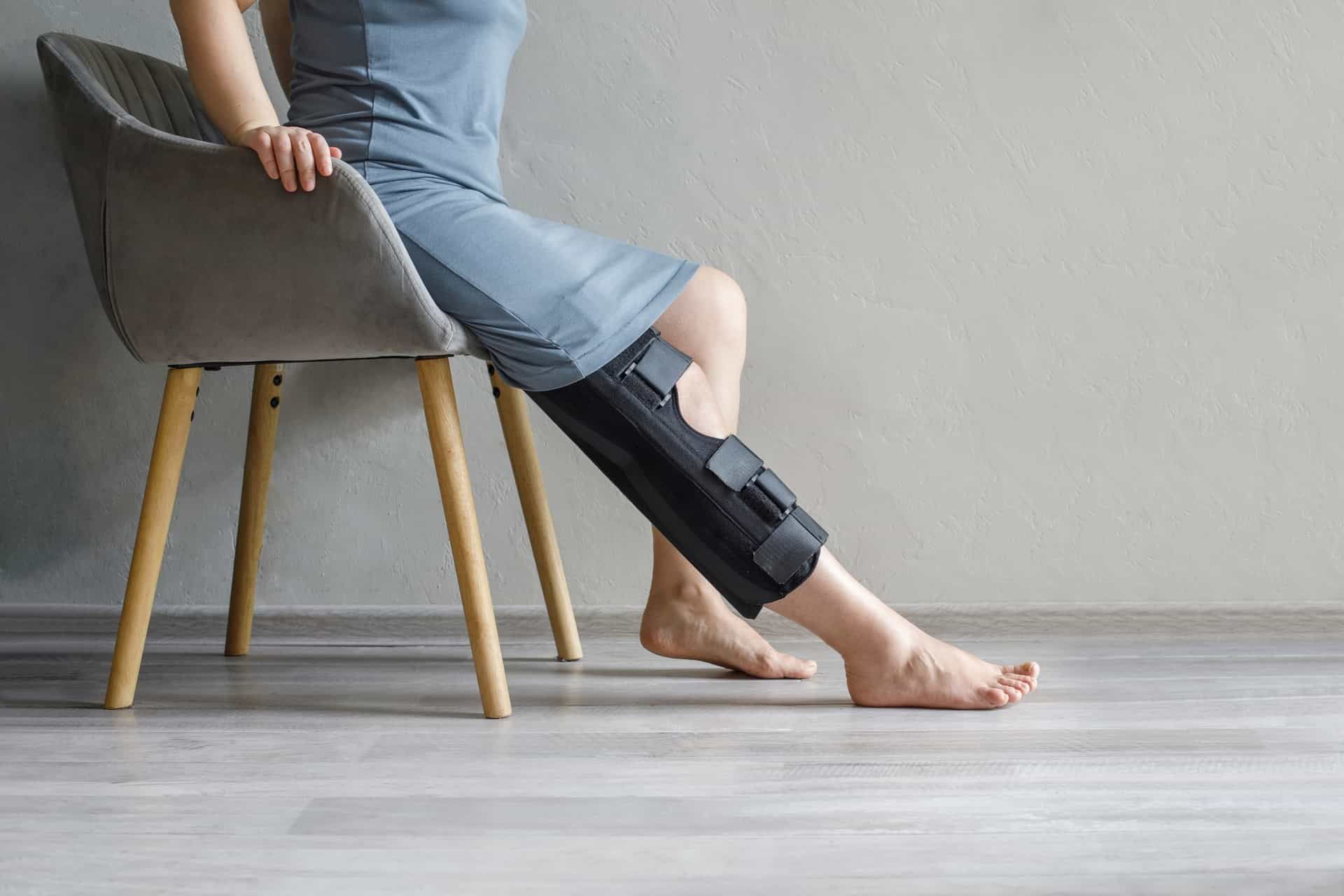Why Are Vocational Experts Necessary in Personal Injury Cases?

When a person suffers a severe or long-term injury due to someone else’s negligence, it can permanently affect their ability to work and earn a living. In such personal injury cases, determining the full economic impact requires specialized expertise.
Vocational experts play a critical role in these assessments, but their involvement is typically reserved for cases involving significant disabilities or prolonged employability challenges.
What Is a Vocational Expert?
A
vocational expert is a trained professional who evaluates an individual’s ability to work after an injury. They assess the person’s skills, education, work history, and physical limitations to determine what types of jobs they can still perform.
Vocational experts must meet specific legal and professional standards to provide testimony in court, including adherence to Daubert or Frye standards (depending on jurisdiction), which govern the admissibility of expert evidence. Their reports and testimony support claims related to lost wages, reduced earning capacity, and lifelong financial impacts.
How Vocational Experts Help in Personal Injury Cases
Vocational experts provide objective, evidence-based evaluations to establish the true economic consequences of an injury. Here’s how they contribute:
1. Determining Employability
After a severe injury, a person may no longer be able to return to their previous job. A vocational expert evaluates whether they can transition to a different occupation based on their residual abilities. If the injury renders them completely unemployable, the expert’s testimony becomes critical in proving this to the court.
2. Calculating Loss of Earning Capacity
Vocational experts collaborate with forensic economists to calculate the difference between pre-injury and post-injury earning potential. This includes analyzing factors like:
- Projected career trajectory before the injury
- Post-injury job market limitations
- Lifelong wage differentials
3. Assessing Job Market Realities
Even if an injured person can theoretically work in a new capacity, vocational experts analyze real-world factors such as:
- Local job availability for the person’s skill set
- Employer biases against workers with disabilities
- Physical/mental demands of alternative occupations
4. Providing Court-Admissible Testimony
Courts require vocational experts to:
- Demonstrate their qualifications (e.g., certifications like CRC, CVE, or ABVE)
- Use reliable methodologies aligned with Daubert/Frye standards
- Explain findings clearly to help judges/juries understand the injury’s economic consequences
When Are Vocational Experts Actually Needed?
Vocational experts are not required in every personal injury case. They are most critical when:
- Injuries cause permanent disabilities
- Victims face multi-year or lifelong work limitations
- Disputes arise about employability or earning capacity
- Cases involve high-stakes damages (e.g., multi-million-dollar wage loss claims)
The Role of Vocational Experts in Specific Cases
Motor Vehicle Accidents
For victims of motor vehicle accidents with traumatic brain injuries, spinal damage, or severe fractures, vocational experts determine whether they can return to driving-based jobs or require retraining.
Workplace Injuries
They assess whether injured workers can:
- Return to modified duties
- Transition to new industries
- Qualify for Social Security Disability Insurance (SSDI)
Medical Malpractice
In cases involving birth injuries or surgical errors, or medical malpractice, experts analyze how cognitive/physical impairments affect a victim’s ability to enter their chosen profession.
Slip and Fall Accidents
For victims with chronic pain or mobility issues, experts evaluate their capacity for sedentary work and potential need for workplace accommodations.
How OAS Vocational Experts Strengthen Claims
OAS provides court-qualified vocational experts who:
- Meet Daubert/Frye Standards: Use methodologies accepted in federal and state courts
- Collaborate with Economists: Ensure accurate wage loss calculations
- Verify Credentials: All experts hold certifications like CRC, CVE, or ABVE
- Analyze Real-World Barriers: Address hidden factors like age discrimination or technological skill gaps
Key Considerations When Hiring a Vocational Expert
- Certifications Matter: Look for CRC (Certified Rehabilitation Counselor), CVE (Certified Vocational Evaluator), or ABVE (American Board of Vocational Experts) credentials
- Jurisdictional Experience: Ensure familiarity with local court standards and job markets
- Bias Mitigation: Verify that the expert uses neutral, evidence-based methodologies
Conclusion
Vocational experts are indispensable in complex personal injury cases involving long-term earning capacity disputes. Their ability to bridge medical limitations with economic realities ensures fair compensation for life-altering injuries. By working alongside economists and meeting strict legal standards, they provide courts with the data needed to award appropriate damages.
Contact
OAS today to schedule a vocational evaluation with court-qualified experts who meet Daubert standards and hold industry-leading certifications.
Disclaimer: The information on this website and blog is for general informational purposes only and is not professional advice. We make no guarantees of accuracy or completeness. We disclaim all liability for errors, omissions, or reliance on this content. Always consult a qualified professional for specific guidance.








